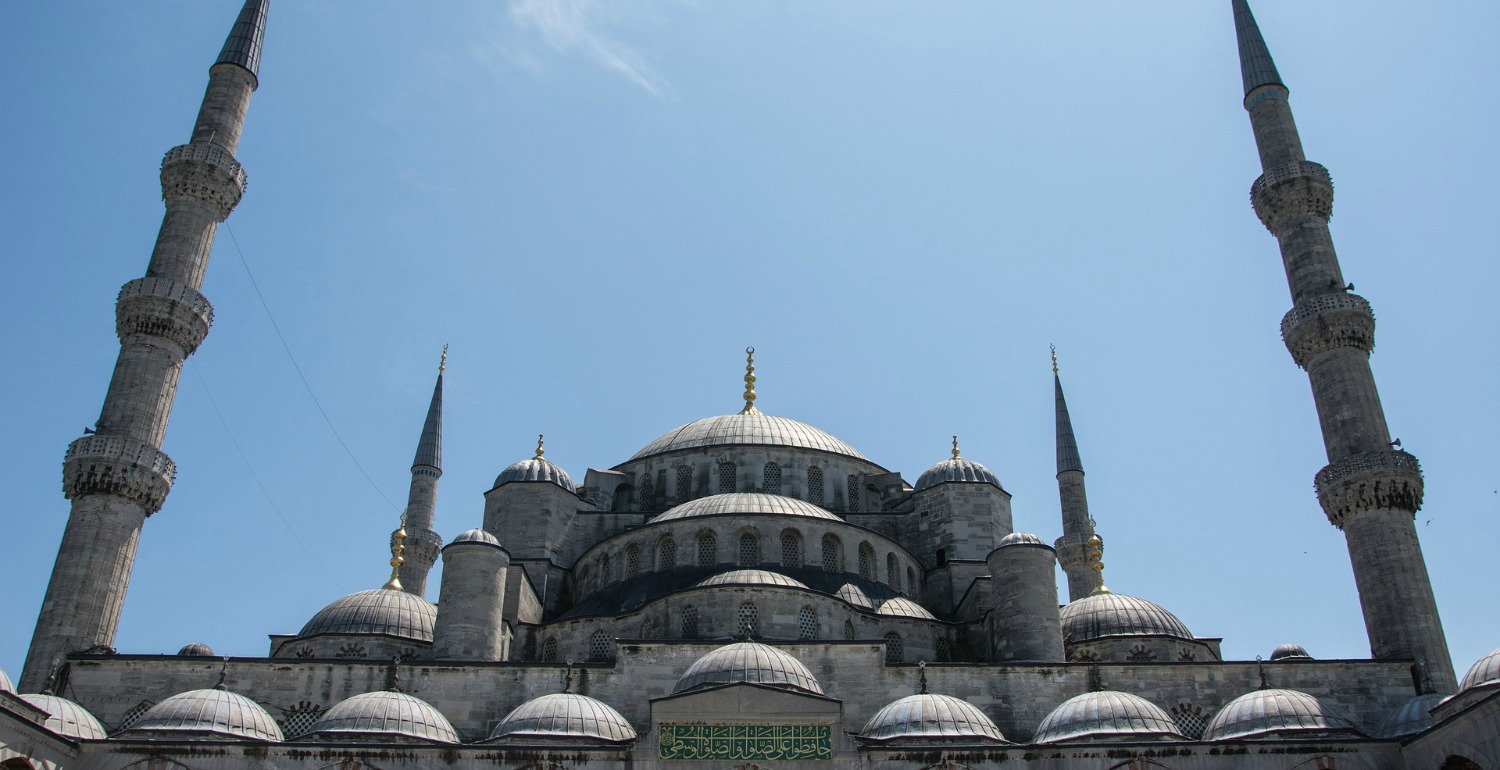Helsinki Commission Staff Advisor, Elizabeth Pryor, presented an opportunity for discussion on the situation faced by Muslims, Protestants, members of the Armenian Orthodox Church, and the Jewish community in the Republic of Turkey. Numerous injustices that occurred in spite of significant steps taken by the government to improve conditions for the enjoyment of religious liberty were addressed.
Witnesses testifying at the hearing – including Marve Kavakci, Former Member of the Turkish Grand National Assembly; Rev. Fr. Vertanes Kalayjian, Pastor of St. Mary Armenian Apostolic Church and Representative of the Eastern Diocese of the Armenian Apostolic Church of America; Van Krikorian, Founding Member of the Turkish-Armenian Reconciliation Commission; Jeff King, President of the International Christian Concern; and Barry Jacobs, Director of Strategic Studies for the Office of Government and International Affairs American Jewish Committee – presented testimonies regarding personal experiences with religious injustice in an effort to encourage Congress to urge Turkish officials to adhere to principles of religious freedoms.





